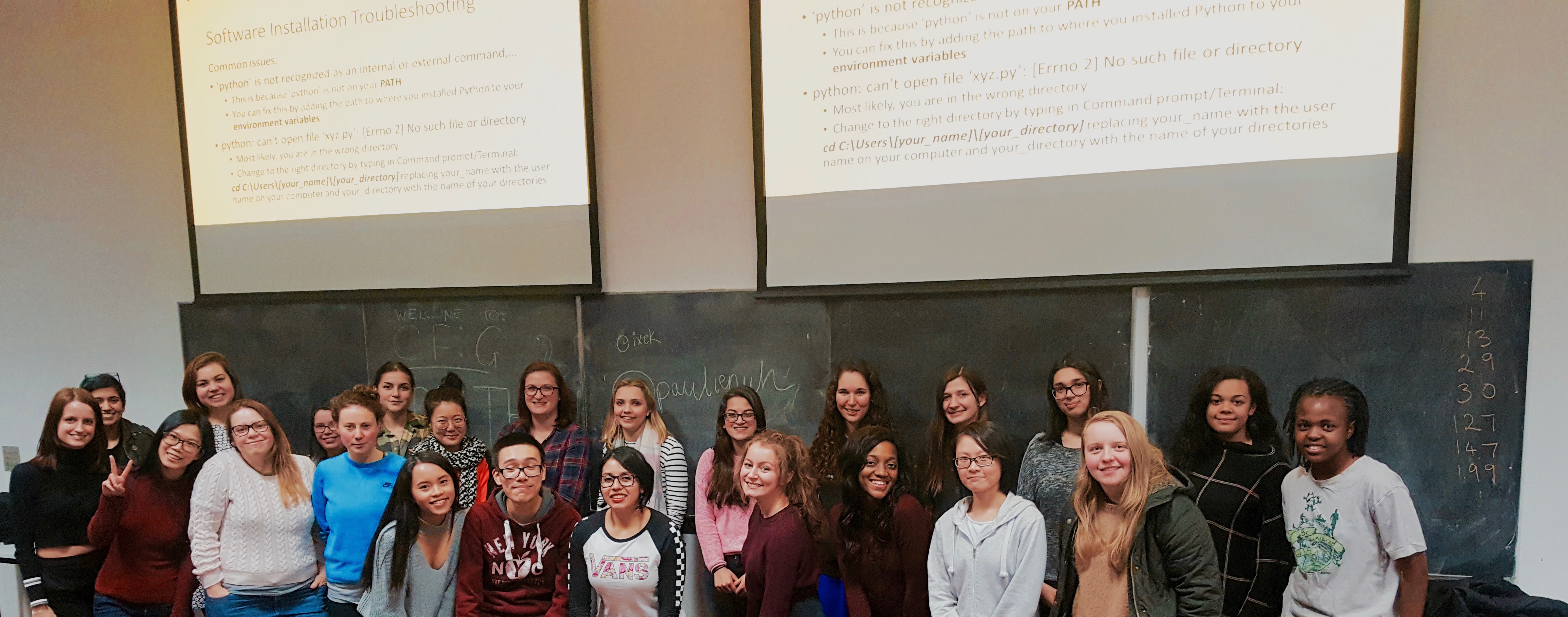I had the opportunity to attend the Alan Turing Institute (ATI) Data Study Group (22nd-26th May 2017). The ATI is the national institute for data science and as such, it has strong ties to both academia and industry.
Today we have a guide to ‘terminal multiplexing’ including suggestions on how to use it on computer clusters such as ShARC and Bessemer.
The University of Sheffield is now a Software Carpentry Partner Organisation, allowing the Research Software Engineering and Library teams to start organising Software Carpentry and Data Carpentry workshops. These are designed to help researchers develop the programming, automation and data management skills needed to support their research. Workshop dates are to be announced shortly.
A job opportunity within the RSE Sheffield group is available under the job title of “Research Software Engineer in High Performance Computing (HPC) enabled Multi-Scale Modelling”.

RSE Sheffield is hosting another coffee and cakes event on May 31st at 14:00 in the Ada Lovelace room on 1st floor of the Computer Science Department (Regents Court East). Attendance is free, but you need to register via this link.
Why would you possibly want to build and execute CUDA GPU applications within NSight Eclipse for Linux within Microsoft Windows? Well if you use windows as your main OS there are plenty of reasons but the most obvious is that you may be developing cross platform code and want to build and test it without dual booting. If you are thinking about virtual machines then forget about it. Most (except some very expensive enterprise options) do not have the ability to access a GPU device (e.g GPU pass-through) from within a virtual machine.
As part of our support for a Large scale machine learning MSc course in Computer Science, the Sheffield RSE group put together a tutorial for how to use Spark and Scala on Sheffields HPC systems. We are sharing with the rest of the community in case its useful to you https://github.com/mikecroucher/Intro_to_HPC/blob/gh-pages/README.md
In a previous post,
I noted that if you’re not sure if a Sun Grid Engine (SGE) job can ever run on an HPC cluster
you can perform ‘dry-run’ job validation:
by passing -w v as arguments to qrsh/qrshx/qsh/qalter you can ask the SGE scheduler software
if your job could ever run if the cluster were entirely empty of other jobs.
For queries relating to collaborating with the RSE team on projects: rse@sheffield.ac.uk
Information and access to Bede.
Join our mailing list so as to be notified when we advertise talks and workshops by subscribing to this Google Group.
Queries regarding free research computing support/guidance should be raised via our Code clinic or directed to the University IT helpdesk.
List of archived pages: Archive.